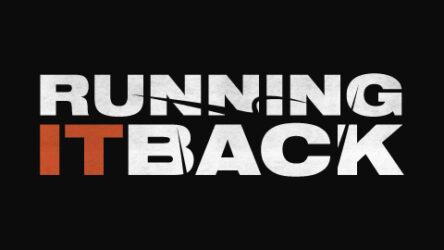For this episode, based on the Quibi docuseries, Blackballed, we run it back to 2014 when Donald Sterling, then the owner of the Los Angeles Clippers, was caught on tape engaging in offensive, racially charged speech. Once the tapes got out, there was outrage across the NBA and more broadly in the nation that ultimately led the newly appointed commissioner, Adam Silver, to impose a lifetime ban on Sterling that resulted in his sale of the team.
Tarlin and Mike share their quick takes on Quibi, which had just launched at the time, before digging into the relevance of the themes in the series. Since we recorded in late May, we connect this to the uproar triggered by the murder of George Floyd in Minnesota. We look for lessons in leadership from the examples of Doc Rivers, Chris Paul, Adam Silver, and even Matt Barnes as we dive into a complex and relevant conversation about sports and its role in elevating consciousness about racial issues. We recorded this prior to the NBA’s season in the Bubble in Orlando, but much remains relevant as we continue to struggle with issues of race, justice, and equity in sports and in our broader society.

